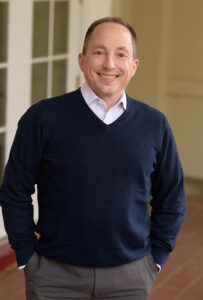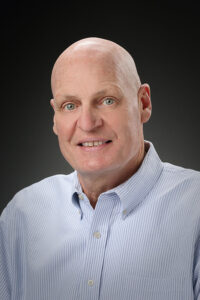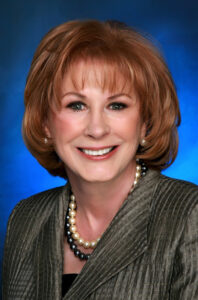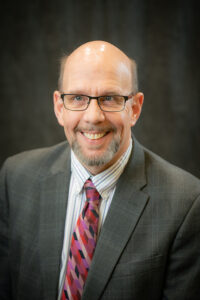Leaving a Legacy
Planned giving can continue promoting the causes you care about
By Deborah Jeanne Sergeant

If you would like to see your hard-earned resources continue your legacy of charitable contributions, planned giving can help you reach your goals.
Essentially, planned giving involves setting up the proper financial instruments to ensure that your money continues to support worthwhile causes long after you’re gone.
Tom Griffith, interim president and CEO of Central New York Community Foundation in Syracuse, said that planned giving is “key to our work,” as the organization receives contributions from private donors, manages them to grow over time and then distributes funding to local charities to help them thrive.
Many people use planned giving “for tax purposes, making giving easier and leaving a legacy,” Griffith said. “For most planned gifts — there’s a future component, whether a gift that creates an income stream for the person and there’s a charitable gift when they pass away or whether a gift in someone’s will or trust or a beneficiary designation. All of these planned gifts connect with something that will last after the person is gone.”
Because donors can designate their gift for specific causes or organizations, Griffith said that the diversity of those donating creates a wide array of local charities that benefit from planned giving. For the 97 years of the CNY Community Foundation, more than 900 funds have been created.
The foundation’s Five for CNY promotion is meant to encourage people to leave 5% of their assets to the foundation to invest in the community.
“If everyone did, it would be billions left to nonprofits over the next decades,” Griffith said. “It would be huge. Anybody can do it; it can be very easy.”

Planned gifts “benefit us immensely,” said Tim Mahar, director of advancement at ARISE in Syracuse, Fulton and Oswego.
Designated gifts support whatever ARISE program or effort the donor indicates. Others are general gifts that can go toward wherever ARISE has the greatest need, such as on the organization’s therapeutic riding program, building accessibility ramps or funding clinicians in schools throughout the region.
Mahar said that gifts may be endowments that continue to grow over time and benefit a charity as they generate income.
“You want a certain level resting in the endowment so the principle is established and the interest you’re able to use for operations,” Mahar said. “Any predictable funding over a period of time helps you with all of that type of strategic planning. As a nonprofit, you’re really dependent on fundraising and that’s why it’s always a priority.”
Planned giving can help people feel that their legacy will endure long after they’re gone.

“Planned giving is very useful when there are no beneficiaries — no children, no grandchildren and you don’t like your in-laws,” said Cynthia Scott, a chartered financial consultant and founder and president of OMC Financial Services, Ltd. in DeWitt. “It’s very useful.”
She explained that givers can choose the funds to become available to the charity of choice at the time of death, but the gift can last for much longer than a straightforward donation if the right financial instrument is used.
“You can set them up in an IRA and name a charity of your choice as the beneficiary it should go to,” Scott said. “When it’s an IRA, there’s no taxation.”
Scott said that the other way to leave a legacy is during one’s lifetime through an irrevocable or revocable trust. The latter leaves the money available for the giver to use until death when the fund goes to the charity.
“With irrevocable, you can’t access the money during your lifetime. However, the beneficiary can be an organization you’ve named,” Scott said.

Randy L. Zeigler, certified financial planner and private wealth adviser for Ameriprise Financial Services, LLC in Oswego, finds that many clients think planned giving is an all-or-nothing idea, where they must leave all of their assets to heirs or donate it all to charity.
“Consider taking a portion and leaving them in a planned gift to one or more charitable entities. There are a lot of methods to accomplish that,” he said.
One way to make the gift last longer is to set up an endowment through the Central New York Community Foundation or similar organization.
“The best way to approach it is if a person doesn’t feel well versed is to talk with an attorney or financial adviser about goals and objectives and then the right planned giving instruments can be discovered,” Zeigler said. “Oftentimes, because goals are difficult for people to develop, they start with what instrument makes sense instead of the goal. If you start with the goal, you can come up with a solution that meets those goals.”

